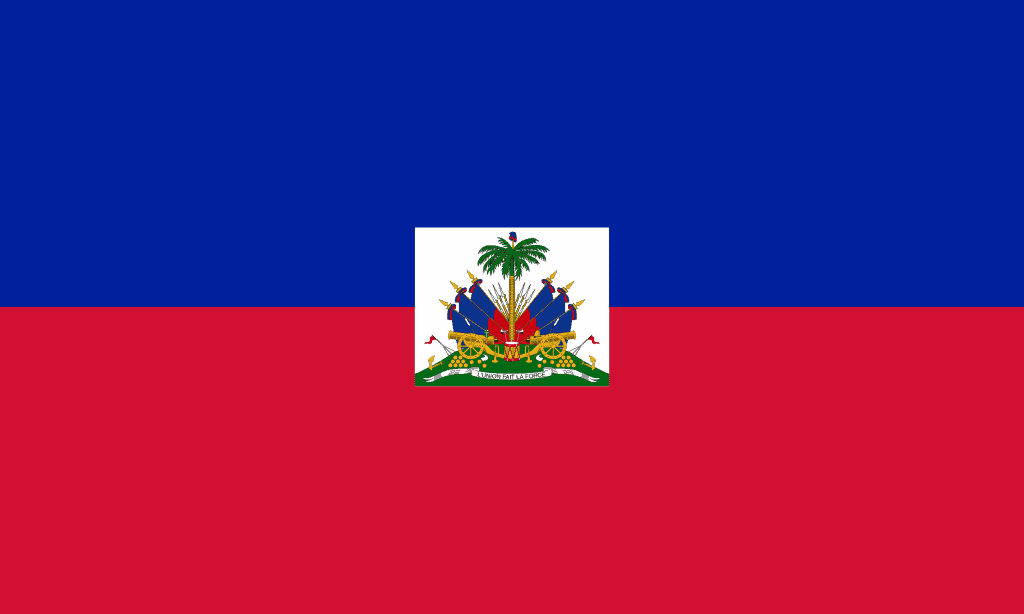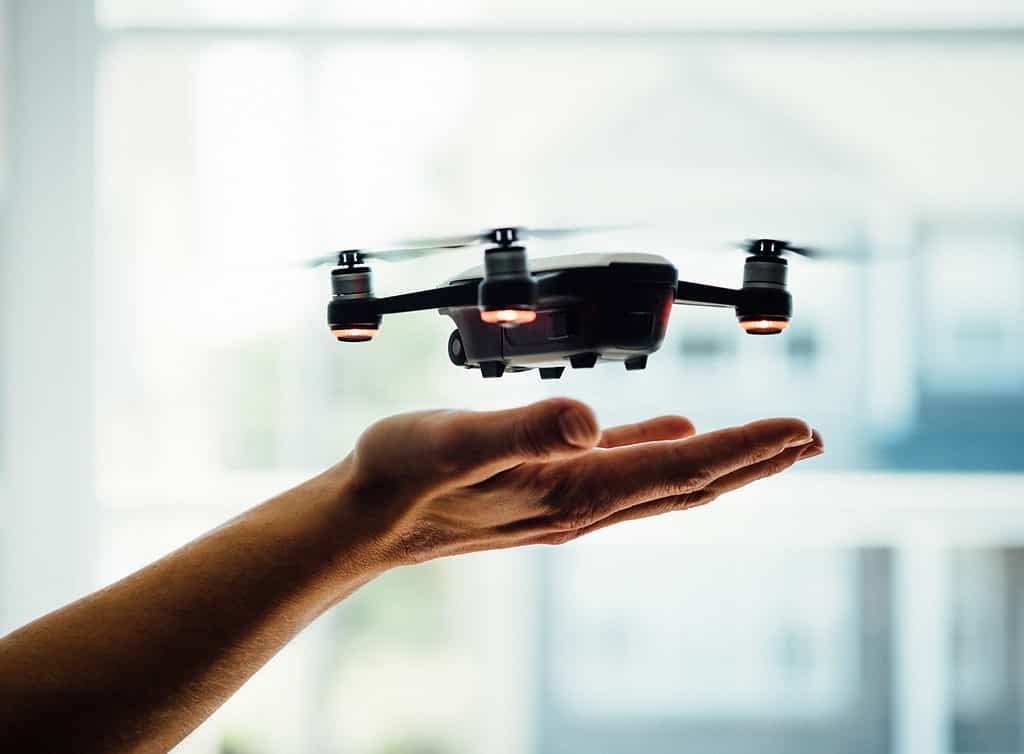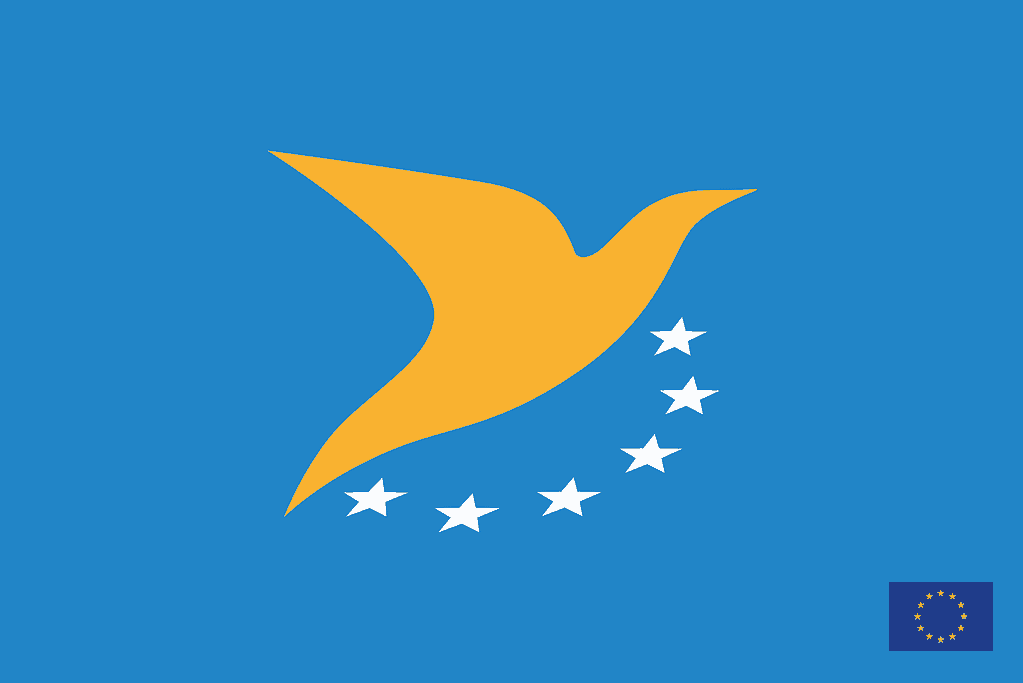Summary of Drone Laws in Haiti
Hobbyist Drone Laws For Residents of Haiti
Drone Operations in Haiti are currently not regulated.
- Hobbyist drone flights are uncertain in Haiti
- Hobbyist Haiti drone pilot license is unknown
- Hobbyist Drone registration is uncertain in Haiti for hobbyists
- Drone Remote ID is not required in Haiti for hobbyists
- Drone Insurance is uncertain for hobbyists’ drone operations in Haiti
Read below for more details on Hobbyist Drone Laws in Haiti and to find links to regulators and other credible sources!
Commercial Drone Laws For Residents of Haiti
Drone Operations in Haiti are currently not regulated.
- Commercial drone flights are uncertain in Haiti
- Commercial Haiti drone pilot license is unknown
- Commercial Drone registration is uncertain in Haiti for commercial drone operators
- Drone Remote ID is not required in Haiti for Commercial Drone Operators
- Drone Insurance is uncertain for commercial drone operations in Haiti
Read below for more details on Commercial Drone Laws in Haiti and to find links to regulators and other credible sources!
Drone Laws For Visitors To Haiti
Drone Operations in Haiti are currently not regulated.
- Foreign visitor drone flights are not allowed in Haiti
- Foreign visitor drone pilot license is not applicable
- Drone registration is not applicable in Haiti for visitors/tourists
- Drone Remote ID is not applicable in Haiti for tourists
- Drone Insurance is not applicable for tourist drone operations in Haiti
Read below for more details on Drone Laws in Haiti for Visitors (Tourists) and to find links to regulators and other credible sources!
Drone Laws For Government Drone Operators in Haiti
Drone Operations in Haiti are currently not regulated.
- Government drone flights are allowed in Haiti
- Government drone pilot license is not required
- Drone registration is required in Haiti for Government operations
- Drone Remote ID is not required in Haiti for Government operations
- Drone Insurance is not required for Government drone operations in Haiti
Read below for more details on Drone Laws in Haiti for Government Drone Operations and to find links to regulators and other credible sources!
Agencies Responsible for regulating drones in the Republic of Haiti
Drone Regulator in Haiti: National Office of Civil Aviation (OFNAC)
Haiti Civil Aviation Steering Committee (CASC) is a collaboration between the Haiti Government and the International Civil Aviation Organization (ICAO) to improve Civil Aviation
UAS Laws – General rules for flying drones in Haiti
The Haitian agency responsible for drone safety, OFNAC, has not codified drone use regulations in Haiti. Go to the link above to check for recent updates.
Are drones allowed in Haiti?
According to OFNAC, Drone operations are not regulated in Haiti. Use the ICAO’s recommendations. Read on for more details.
Here are the most important rules to know for flying a drone in Haiti:
Absent explicit regulations, we suggest you follow the ICAO’s recommendations (ICAO UAS Toolkit):
- You should always consult your local Civil Aviation Authority. Drone guidelines and regulations differ from country to country.
- Most states require you to get a permit before operating a drone:
- If the drone weighs more than 25 kg (55 lbs).
- If you are paid to use the drone or if you use it for research.
- Keep your drone within eyesight at all times.
- Read the user’s manual before operating your drone.
- Check your drone before each flight.
- Don’t fly within 50 meters (55 yards) of or over people, property, or vehicles.
- Don’t fly over 150 meters (490 feet) from the ground.
- Don’t fly near an airport. Stay at least 8km (5 miles) away.
- Always remember that you are now a remote pilot. You are responsible for flying safely and avoiding collisions.
Why follow ICAO recommendations when a country does not have drone regulations?
ICAO is a United Nations Specialized Agency. It is funded and directed by 193 national governments. ICAO supports their diplomacy and cooperation in air transport. The 193 nations are signatory states to the Chicago Convention (1944).
ICAO’s main job is maintaining an administrative and expert bureaucracy (the ICAO Secretariat). The secretariat supports diplomatic interactions and researches new air transport policies. It develops standardization innovations as directed and endorsed by governments. It uses the ICAO Assembly or the ICAO Council, which the assembly elects.
ICAO is not a regulator. It provides standards to all its member states. This means that most nations worldwide are coordinating with ICAO. ICAO supports those countries with limited resources for developing drone regulations.
IACO provides ICAO Model UAS regulations and circulars that member states adopt.
Notes for recreational drone pilots flying for fun in Haiti
See the general rules above.
Notes for operating Commercial Drone Services in Haiti
See the general rules above.
Useful published information on flying drones in Haiti
Here is a sample of what you might expect if you follow the drone laws and fly in Haiti…
Authoritative Sources of Information on Haiti Drone Laws
We will attempt to keep an updated list of online authoritative links to regulators and other official websites here:
- Drone Regulator Website: National Office of Civil Aviation (OFNAC) and Haiti Civil Aviation Steering Committee (CASC) is a collaboration between the Haiti Government and the International Civil Aviation Organization (ICAO) to improve Civil Aviation
- Link To SUAS Laws: N/A
- No Fly Zone Maps/Locations: N/A
- UAV Registration Site: N/A
- Drone Operator Licensing Site: N/A
- Others: N/A
NOTE: This page is about the Regulation of Unmanned Aerial Vehicles: Small Unmanned Aerial Systems (SUAS), Small UAS, Remote Piloted Aerial Systems (RPAS), unmanned aerial vehicle (UAV), Unmanned Aerial System (UAS), and drone are interchangeable terms unless specified. Model Aircraft, toy, remote-controlled, and RC aircraft may be covered by the same regulations unless specified.
Find out why
We think you must use a Drone Preflight Checklist
And a Drone Post-flight checklist
Free Drone Flight Checklist PDF
This Drone Flight Checklist is better than others.
It’s free!
It includes both the preflight checklist and post-flight checklist
It’s an easy-to-use printable PDF that covers all your bases.
Traveling with a Drone?
Click here to read our Comprehensive Guide For Traveling With A Drone.
NOW IT’S YOUR TURN




Leave a Comment